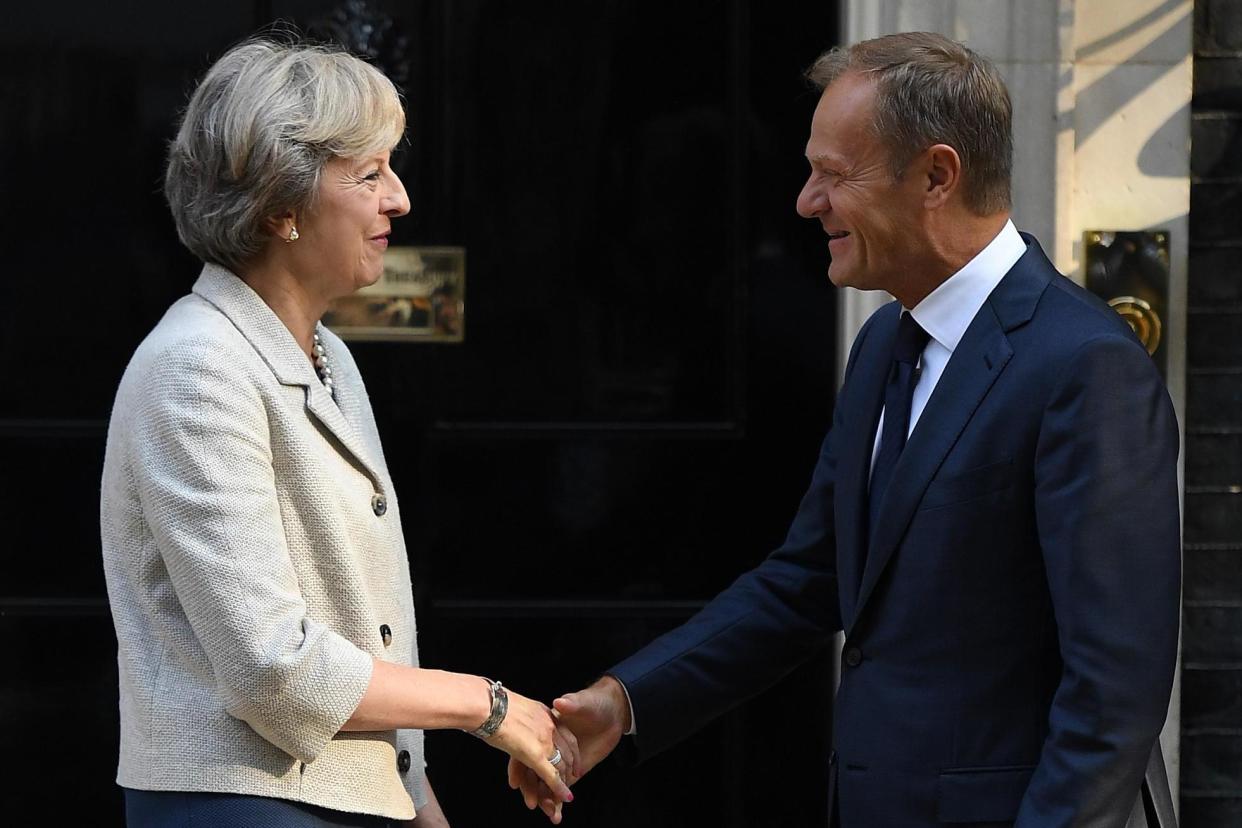This is what the UK and the EU’s relationship will look like in ten years’ time

What will Europe be like in, say, 10 years’ time, when the matter of Article 50 has become a distant memory? It’s important to try and stand back because this is one of those moments when there is too much short-term comment and too little long-term perspective. The noise drowns out the signals – and the signals in any case are pretty weak.
So try this sketch, set out as 10 points.
One, there is a model for the relationship between the UK and the EU that already exists: Switzerland. The template is not a perfect fit, for Switzerland has only eight million people, but it is extremely wealthy – on most measures it is the richest country on earth. It is completely surrounded by EU countries, so in one sense the challenge of maintaining good relations with its neighbours is even greater than the one that faces the UK.
Two, carrying on this idea of the UK as a big Switzerland, the Europe of 2027 will continue to be an integrated economic area even if other countries decide to follow the UK and leave. Indeed it will be an integrated economic area even if the EU fails to survive in its present form.
Three, the future of the euro is less clear. I happen to expect the Eurozone to break into two, a north and a south, with financial controls in between. But whether that is right or wrong, the European economy will continue to have reasonable, though slow, economic growth. Living standards, which have stagnated in much of Europe for the past decade, will have crept up a bit.
Four, there will still be a gap in economic performance between north and south, and that will continue to create tensions. The gap has tended to widen in the past decade and at best will take a generation to close. It may widen further.
Five, while the continental European economy will continue to grow in absolute terms, it will shrink relative to the rest of the world. This trend has been evident for the past 20 years, and is driven largely by the size of the working population, which has started to shrink. The UK will probably grow somewhat faster than the Eurozone, irrespective of the impact of Brexit, driven by relatively favourable demographics.
Six, immigration into the UK will continue, though not at quite the rate of recent years. So the European labour market will remain a fluid one.
Seven, there will be no hard borders for trade in Europe. There is an open border between Switzerland and its neighbours now. That model will continue. However there will be more controls over movement of people, a trend already evident in Eastern Europe.
Eight, coming back to the UK, our labour market will remain an open one. There may be some rebalancing between EU immigrants and those from other developed countries, notably the US, Canada and Australia. But we need the skills that immigrants bring.
Nine, UK trade will drift away from Europe towards the rest of the world. That trend is already apparent, with Europe as a proportion of our trade falling by around one percentage point a year. That is not because of any policy decision; it is simply the result of wider economic forces, in particular the shift of economic activity towards the emerging world.
And finally – and this is important – the European and UK economies ten years hence will not be so different from the economies now. This will be a reasonably successful economic region. The challenges of today will continue: trying to provide good social services and health care for what will, along with Japan, become the oldest societies on earth. But the technical competence of the UK and Europe will not be undermined by Brexit. Indeed if Brexit is negotiated successfully, the ability of both sides in this squabble to cope with these wider social and economic challenges may well turn out to be better, not worse.
Panglossian? Well, no – just that global economic forces and global technical advances are more powerful than the views of transient politicians. Let’s remember that.

 Yahoo News
Yahoo News 
